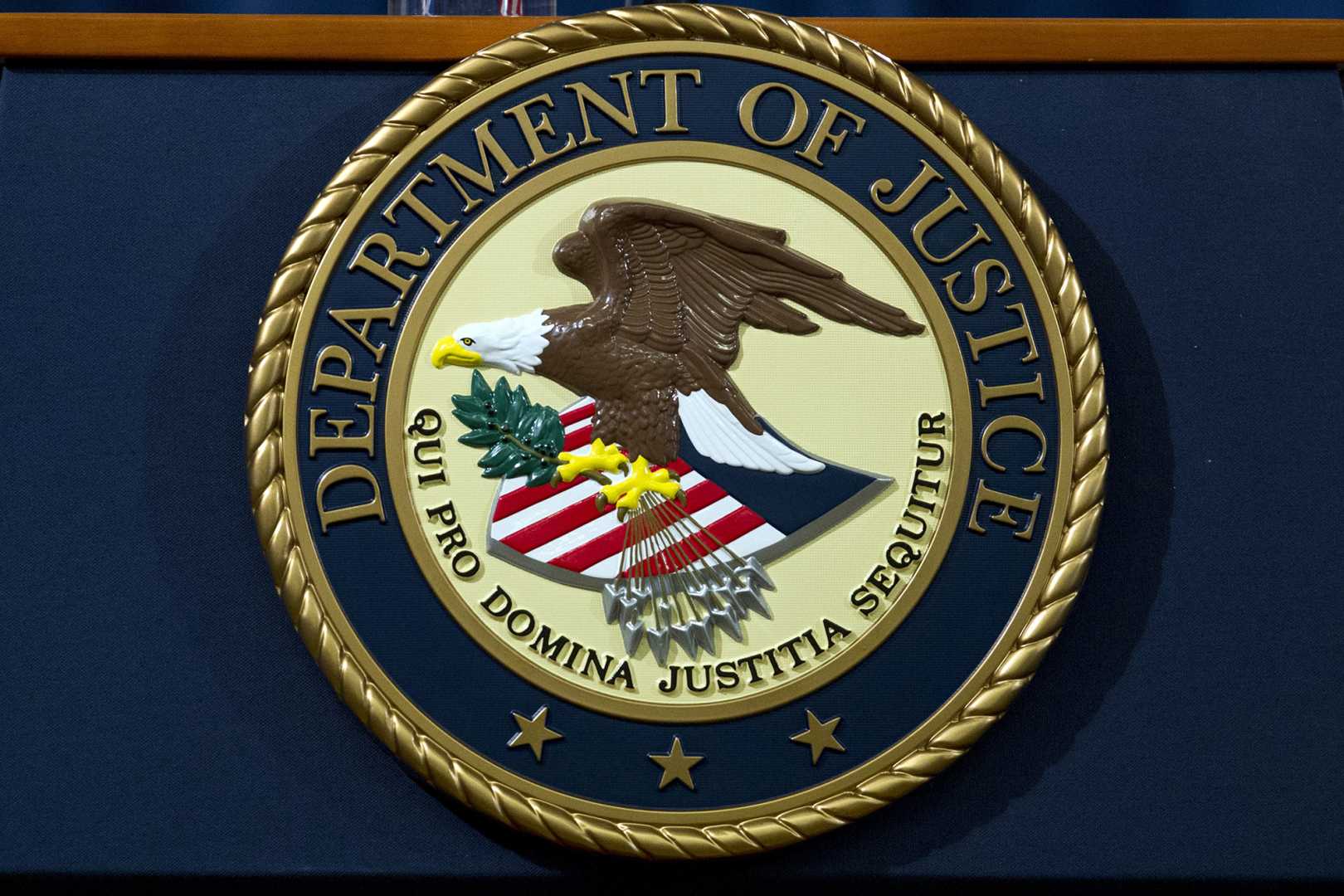Politics
DOJ Prioritizes Denaturalization Cases Amid Legal Controversy

Washington, D.C. — The Department of Justice (DOJ) is intensifying its efforts to revoke the citizenship of certain naturalized Americans. According to a memo issued on June 11, the agency’s leadership is directing its attorneys to prioritize denaturalization proceedings against naturalized citizens committing specific crimes.
This move targets immigrants who have acquired U.S. citizenship, which numbers about 25 million. Assistant Attorney General Brett A. Shumate emphasized in the memo that denaturalization will be among the top enforcement priorities for the Civil Division, suggesting a heightened focus on criminal cases involving national security violations and fraud.
Recent developments confirm the initiative’s seriousness. On June 13, a judge ordered the denaturalization of Elliott Duke, a military veteran from the U.K., convicted of distributing child sexual abuse material before becoming a U.S. citizen. Duke, who identifies as non-binary, said the decision left them feeling effectively stateless.
Historically, denaturalization has been a controversial measure, particularly recalling its extensive use during the McCarthy era. Critics argue that expanding grounds for denaturalization may infringe on due process rights and disproportionately affect naturalized citizens compared to those born in the U.S. Legal scholars like Cassandra Robertson of Case Western Reserve University express deep concerns over the constitutionality of these civil proceedings, citing lower evidentiary standards that may impact individuals’ rights.
Proponents of the initiative, including Hans von Spakovsky of the conservative Heritage Foundation, argue that these actions protect national security and are necessary for accountability in citizenship acquisition.
The DOJ’s new strategy also expands the types of crimes that could lead to denaturalization, incorporating fraud related to government assistance programs. Advocacy groups have raised alarms over creating a perceived second class of citizens, with naturalized individuals facing increased risks of losing their citizenship.
Concerns extend beyond individuals to their families, especially children who benefit from their parents’ citizenship. Legal experts warn about the ripple effects on families when one parent faces denaturalization. The impact on children’s citizenship status in these cases remains unclear.
Duke’s case exemplifies the administration’s aggressive approach, with the DOJ citing failure to disclose criminal activity during the naturalization process as grounds for revocation. As the situation develops, the implications of these actions on civil liberties remain a point of contention.












